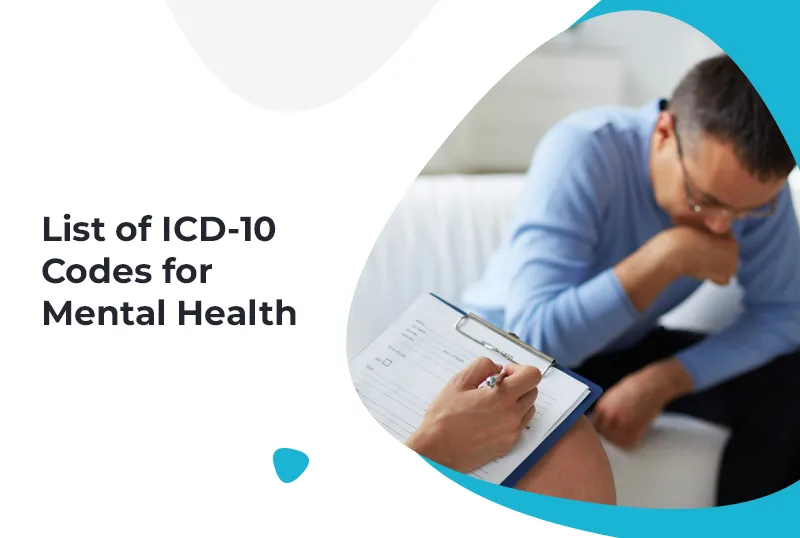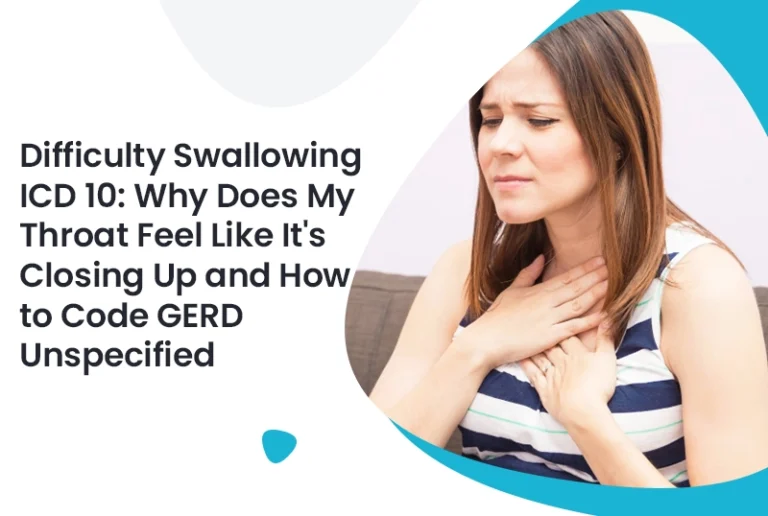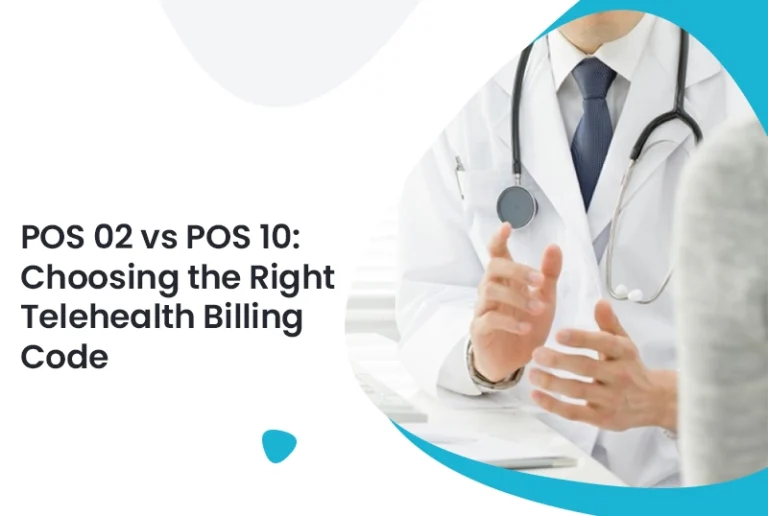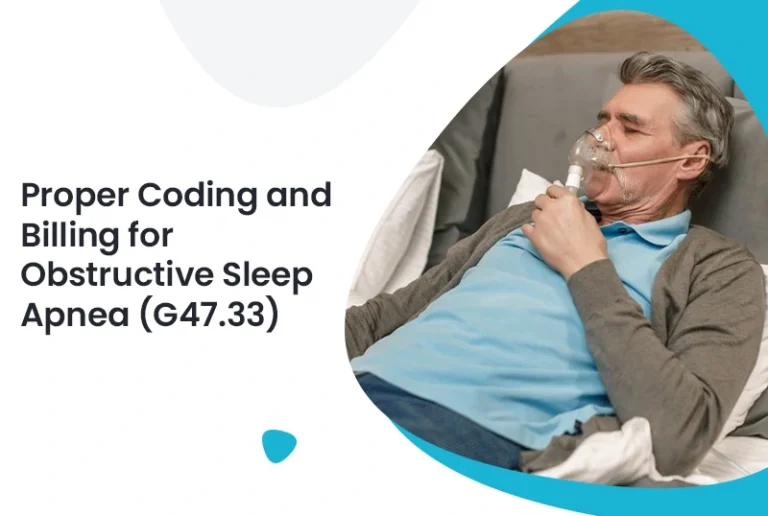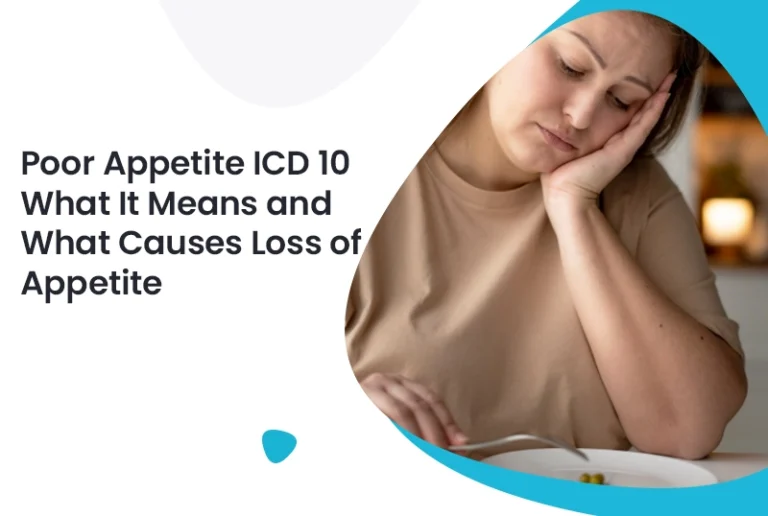Do you ever think about how does healthcare workers or specialists maintain quality and standard services for every patient, while maintaining medical coding compliance? This is where the use of ICD-10 codes comes in. These codes stand for standardized terms so that doctors and other medical personnel have a common language when it comes to patient diagnosis and therapy needed.
Mental health service providers can therefore use ICD-10 codes interchangeably which minimizes disparities and thus helps in producing better results in the patient’s treatment. in this blog, we will inform you about ICD-10 codes and how these codes are making mental health care better and the whole process easy.
The Importance of ICD-10 in Mental Health
The use of the ICD-10 is also beneficial to mental health practitioners because it improves clarity when diagnosing mental health illnesses. ICD-10 allows physicians and therapists to guarantee that their diagnosis adheres to international benchmarks, which not only improves treatment techniques but also fosters collaboration with other physicians and therapists. This is even better than speaking the same language because it improves care delivery by ensuring everyone is moving in the same direction.
Furthermore, ICD-10 is important in the billing process, especially for CPT codes used by mental health providers. Accurate medical coding ensures that mental health treatments are correctly billed and insurance claims are processed without issue. Integrating both ICD-10 and CPT codes for mental health allows practitioners to avoid
List of ICD-10 Codes for Mental Health Breakdown
Here is the following list of ICD-10 codes for mental health problems:
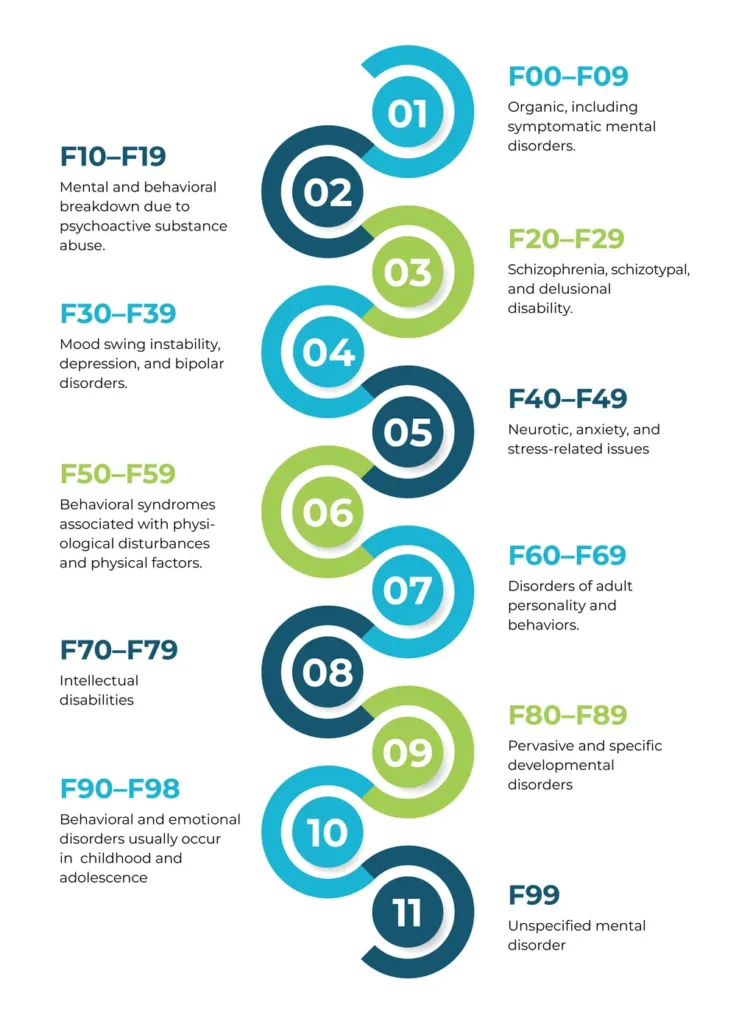
Best Practices for ICD-10 Coding in Mental Health to Resolve Issues
If you are managing the mental health problems of different patients, you should check the following guidelines related to ICS-10 to get good results.
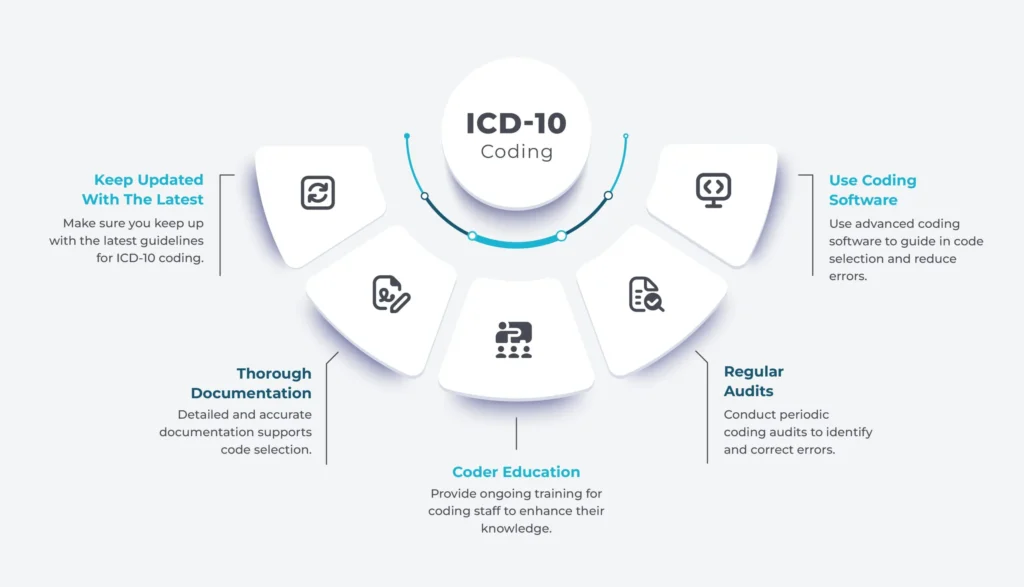
Conclusion
ICD-10 and CPT codes are essential for diagnosing and billing in the treatment of mental health disorders. Professionals must record medical conditions as accurately as possible, whether they are using the ICD-10 code for bipolar disorder or the ICD-10 code for altered mental status.
Proper use of CPT codes in counselling sessions is also essential to avoid issues for both patients and medical professionals. These codes are crucial for U.S. doctors to deliver effective care and ensure that administrative work proceeds smoothly.

